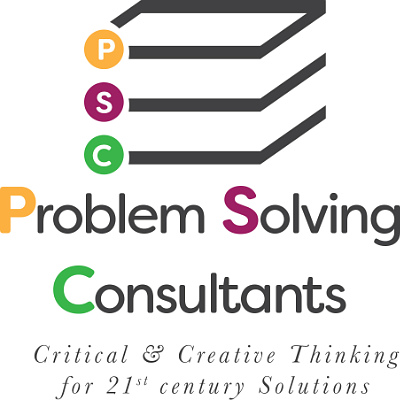Recently a friend asked if due diligence applied to problem solving. The first question to ask is what exactly is due diligence. According to the dictionary definition, due diligence is the “care that a reasonable person exercises to avoid harm to another person or their property.” [1]
Obviously due diligence is a technical term used most frequently in the legal and business professions. But the question and information I gathered got me thinking whether due diligence actually applies to problem solving. Here’s what I’ve concluded.
The legal definition indicates that due diligence reflects a high level of care, consideration, prudence, and/or judgment that an individual is reasonably expected to exercise in specific situations. For example, when a business is considering a merger with or an outright acquisition of another corporation, the leaders are expected to conduct an intensive investigation prior to that merger or acquisition in order to protect the stockholders and the company’s original holdings. There have been a number of news reports in recent years of mergers taking place where the information used to make the decision was later determined to be faulty. Stockholders on the losing end of that decision have questioned whether or not the decision makers practiced due diligence.
This brings me to my original question. Does due diligence apply to problem solving? Yes. When we think of due diligence as a process of acquiring reliable, accurate and objective information upon which to base an informed decision, due diligence is an extremely important part of the problem solving process. A competent problem solver will engage in systematic research to gather critical facts and descriptive information which will enable the problem solver to present solutions that are realistic and practical.
